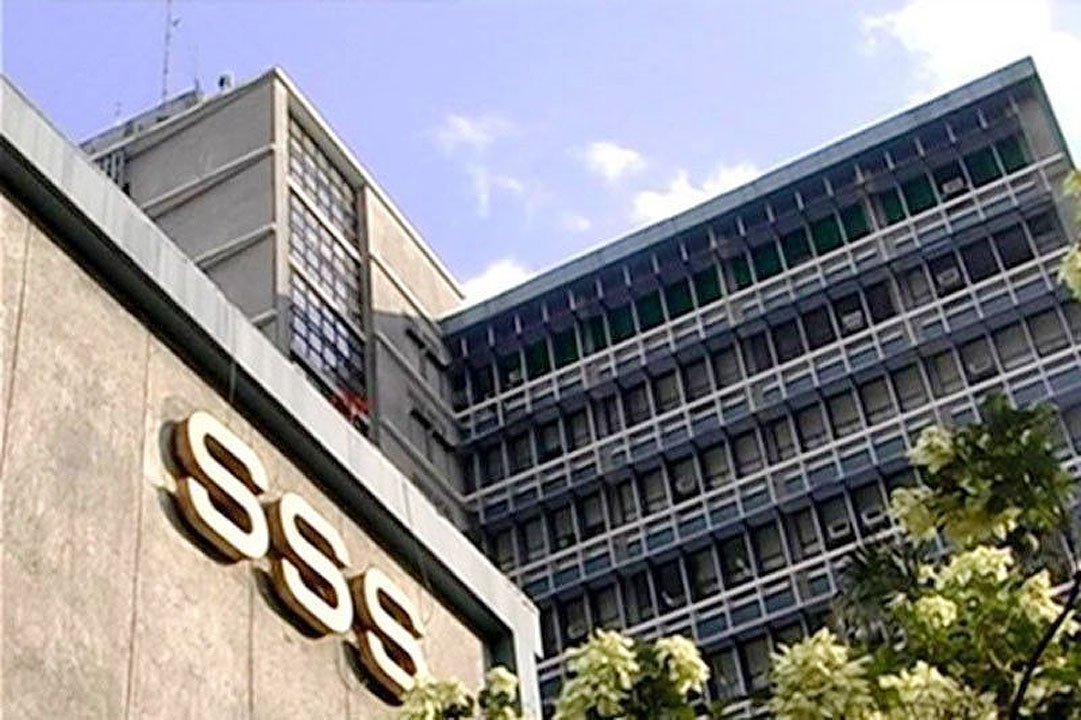SSS rolls out relief programs for pandemic-hit borrowers

By Jenina P. Ibañez, Senior Reporter
THE SOCIAL Security System (SSS) on Thursday announced four relief and restructuring programs for borrowers with past-due payments on salary and housing loans as the economy suffered from the effects of the pandemic.
“Given the circumstances we are faced with today, we do not want to add burden to those who are already encountering hardships,” SSS President and Chief Executive Officer Aurora C. Ignacio said at a briefing.
Employers can pay overdue SSS contributions in full or by installment over four to 24 months without penalties under the Contribution Condonation Penalty Program.
This applies to all employers who are delinquent on social security contributions or penalties from March 2020 onwards. Penalties on unpaid employee compensation are not covered.
The Enhanced Installment Payment Program allows employers to pay past-due social security and employment compensation contributions in installment for nine to 60 months, depending on the total amount.
The Housing Loan Restructuring and Penalty Condonation Program allows qualified SSS housing loan borrowers, successors-in-interest, and legal heirs to pay outstanding principal interest, insurance dues, and legal expenses within 90 days from their notice of approval.
They may also pay 50% within 90 days from when they receive the notice and pay the remaining half in 12 equal monthly installments. All unpaid penalties after full payment will be condoned.
Lastly, the Short-Term Member Loan Penalty Condonation Program consolidates all due and demandable arrears composed of the outstanding principal and interest of a borrower’s past-due salary, calamity, and emergency loans, along with those under the Salary Loan Early Renewal Program and the Loan Restructuring Program.
The consolidated loan may be settled through a one-time full payment within 30 days from a notice of approval. Borrowers may also pay 50% of the consolidated amount within 30 days from receipt of the approval and the remaining half in six equal monthly installments.
SSS expects 700,000 applications from employers, SSS Senior Vice-President Mario R. Sibucao said. At least 20% of a total P55 billion in delinquency payments are penalties to be condoned.
“That’s a little big, but that count depends on whether or not they are qualified for the condonation program. But the business operation has been affected financially by calamity, man-made disasters, economic crisis,” he said in English and Filipino.
Meanwhile, SSS Senior Vice-President Pedro T. Baoy said housing loan penalty condonation and restructuring program targets almost 2,000 borrowers, with a principal amount of P350 million and targeted P2 billion in penalties to be condoned.
The short-term member loan condonation program targets almost seven million borrowers, with a principal of around P59 billion and P60 billion in penalties to be condoned.
In the eight months to August, the SSS collected P155.59 billion in contributions and spent P159.6 billion. Of the expenses, P154 billion was spent for benefits while the rest was spent on operating expenses, SSS Executive Vice-President Rizaldy T. Capulong said.
“(Member contributions are) already lower by around P4 billion than the expenditures,” he said.
“However, because we have investment income of about P20 billion, that P4-billion difference has been provided for. In the event that contributions are not enough to pay for expenditures, our next line of funding would be the investment income. And then in the event that investment income is not sufficient, then the next source of funding would already be our reserves.”



